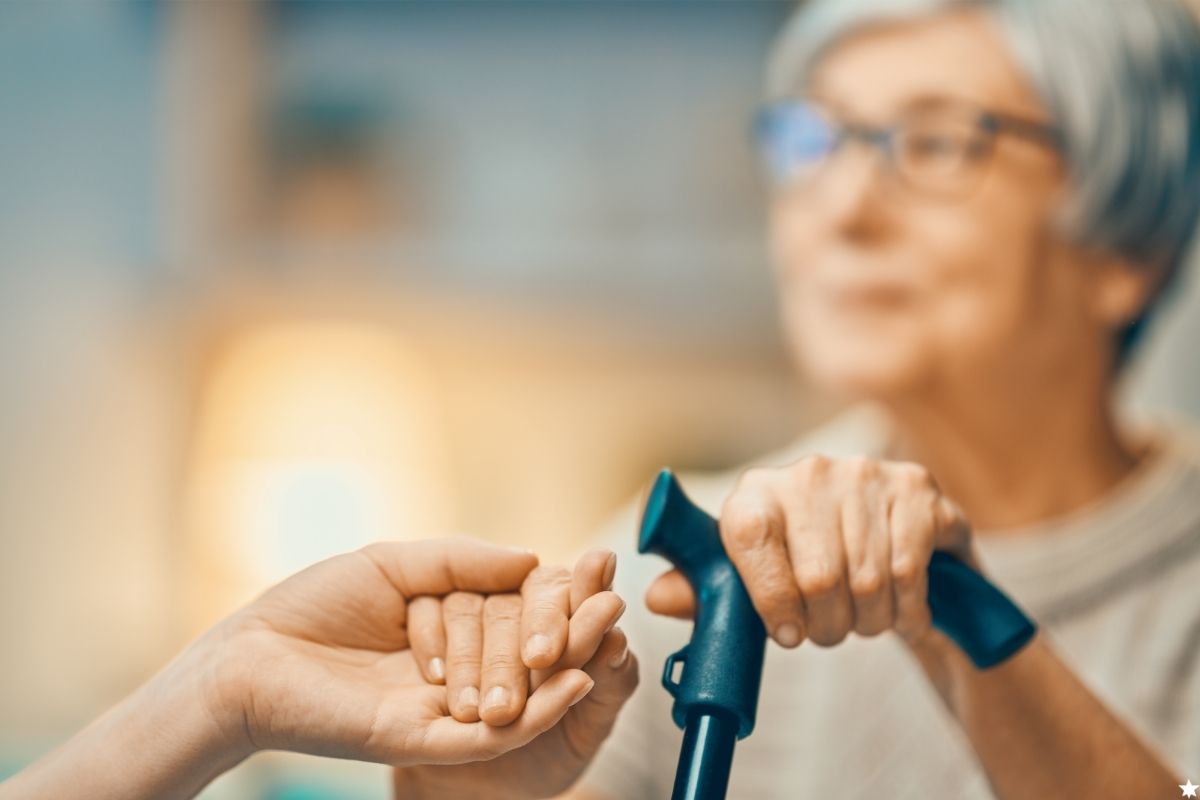Authors: Polonsky, W., Fisher, L., Schikman, C., Hinnen, D., Parkin, C., Jelsovsky, Z., Amstutz, L., Schweitzer, M., Wagner, R.
Abstract
Background: The value and utility of self-monitoring of blood glucose (SMBG) in non-insulin treated T2DM has yet to be clearly determined. Findings from studies in this population have been inconsistent, due mainly to design differences and limitations, including the prescribed frequency and timing of SMBG, role of the patient and physician in responding to SMBG results, inclusion criteria that may contribute to untoward floor effects, subject compliance, and cross-arm contamination. We have designed an SMBG intervention study that attempts to address these issues.
Methods/design: The Structured Testing Program (STeP) study is a 12-month, cluster-randomised, multi-centre clinical trial to evaluate whether poorly controlled (HbA1c >or= 7.5%), non-insulin treated T2DM patients will benefit from a comprehensive, integrated physician/patient intervention using structured SMBG in US primary care practices. Thirty-four practices will be recruited and randomly assigned to an active control group (ACG) that receives enhanced usual care or to an enhanced usual care group plus structured SMBG (STG). A total of 504 patients will be enrolled; eligible patients at each site will be randomly selected using a defined protocol. Anticipated attrition of 20% will yield a sample size of at least 204 per arm, which will provide a 90% power to detect a difference of at least 0.5% in change from baseline in HbA1c values, assuming a common standard deviation of 1.5%. Differences in timing and degree of treatment intensification, cost effectiveness, and changes in patient self-management behaviours, mood, and quality of life (QOL) over time will also be assessed. Analysis of change in HbA1c and other dependent variables over time will be performed using both intent-to-treat and per protocol analyses. Trial results will be available in 2010.
Discussion: The intervention and trial design builds upon previous research by emphasizing appropriate and collaborative use of SMBG by both patients and physicians. Utilization of per protocol and intent-to-treat analyses facilitates a comprehensive assessment of the intervention. Use of practice site cluster-randomisation reduces the potential for intervention contamination, and inclusion criteria (HbA1c >or= 7.5%) reduces the possibility of floor effects. Inclusion of multiple dependent variables allows us to assess the broader impact of the intervention, including changes in patient and physician attitudes and behaviours.


